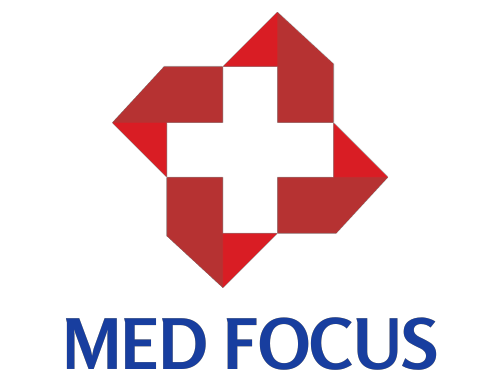It is a great challenge for clinicians to manage patients’ encounters who are emotionally strong. It is a high-time requirement for medical practitioners to develop their communication skills to address the patient in a conducive manner at the time of uncomfortable conversations. This blog would help you to hone your communication skills in clinical practice.

During the visit, it is advisable to express the empathetic response but it is not necessary to have the same feelings as the patient. At the time of conversation, you need to identify the emotion and the cause of the emotions.
For example
“Most people would be upset about this…”
“ That must have felt terrible when…”
You need to adopt a strategy on how to proceed and evaluate the patient’s response. It is necessary to propose a plan that patients should understand. You need to give a summary of the discussion clearly and concisely.
2.Explaining the Facts
Avoid using medical jargon so that the patients should not get confused
For example
“You have a nuclear grade 1ER/PR positive speculated 4-centimeter lesion.”
You have a fairly good-sized tumor in your breast.
whenever you're presenting the information in small chunks, you should verify the patient's understanding. Avoid telling false reassurance such as ‘everything will be fine’, and ‘I have seen a lot of miracles happen’. You are advised to be ready to offer the question as well as to answer the question.
For example
Does this mean I’m going to die?
Tell me more about what concerns you.

3.Disclosing the Medical Error
The important note is that the news should be delivered by the most senior person on the patients' treatment. Alert the patient or the family member of important news about the medical error.
This is hard but I have some information to give you…
That is important thanks for coming in I must tell you what is going on with your father
Try to offer a clear apology and avoid making excuses like ‘I’m sorry that this has happened’. Avoid reassuring the person that there is going to be a good outcome or that no harm was done. For certain questions say so that you let them find out sensitive disclosures, have a favorable impact on malpractice claims, and have therapeutic conversations with patients and families.

4.Self Regulation
Always practice self-regulation keep your own emotions in check and aim to turn the confrontation into a conversation you need to be alert When the emotions are too intense better not to have a conversation. The best note is to use non-judgmental listening- listen to their stories without interruption and you should only make clarifications in a moment and maintain eye contact.
5.Situational phrases
In your conversation, you can invite the patient to expand on what they're saying like
Tell me more about your family
What other concerns do you have?
you may also express that you're empathizing with their emotions by telling ‘It's very stressful isn't’, and ‘ I can see how difficult it is for you’. You can create positive vibes with the wish statements like ‘I wish I had better news’, ‘I wish I didn’t have to tell you this’, and ‘ I wish things had worked out better’.

6.Communication in Multicultural World
Cross-cultural medical conversations are increased recently. Respecting cultural diversity is the main key to delivering comprehensive healthcare across the illness trajectory. Learning cultural competence promotes sensitive negotiation of therapeutic goals. The clinicians will be facing challenges in dealing with cultural situations like the ‘lens on spirituality and religion for healing’, ‘attitudes towards psychological and behavior council’, ‘concerns regarding clinical trials’, and ‘the family involvement in information and decision-making'. Be sensitive to cultural issues that enhances trust between patients and doctors.
The specified communication skills in the clinical world are essential to build rapid bonds between patients and doctors in a multi-ethnic society. This blog would help you to deal with a variety of emotions and responses and guide you to enhance your clinical communication in an easy mode.
Kindly visit themedfocus.com for additional advice and recommendations about attending medical school. If you're seeking a trustworthy internet source, please check out the whole medical school package at the URL below.
https://themedfocus.com/products/the-complete-med-school-bundle

